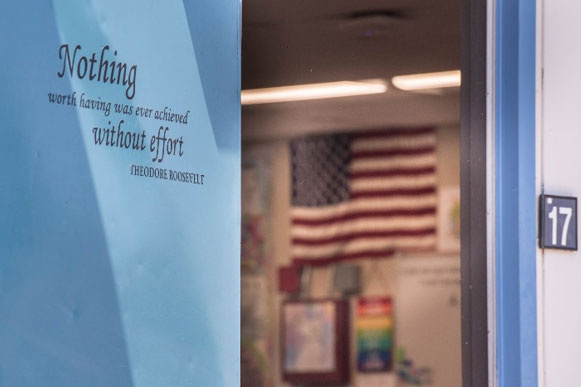
California’s 6-million-student public school system includes a vast inventory of publicly owned buildings and property. All of these facilities need to be maintained and some need major renovations to ensure health, safety, and educational suitability. Some communities also need new school buildings to house a growing student population.
Research suggests students learn better in classrooms that are modern, comfortable, and safe, but the age and condition of school facilities varies widely across the state. According to a recent estimate, California school districts need to spend between $3.1 billion and $4.1 billion annually just to maintain their existing facilities. Further, the total amount of facility funding needed for California schools during the next decade for modernization and new construction is expected to be about $117 billion.
Meanwhile, many observers raise concerns about the state’s current policies related to school facility funding. They cite disparities in school facilities conditions and revenues across districts, and argue that the state’s school facilities funding system does not target aid toward districts with the greatest facility needs.
This study explains California’s approach to financing public school facilities and examines the level and distribution of state and local school facility funding since 2006, including facility funding for charter schools.
KEY FINDINGS:
- Local sources of school facility funding greatly outstrip state support.
- School facility funding is volatile and has declined since 2006.
- Wide disparities in school facility funding that are systematically related to school district property wealth, income, and students’ backgrounds result in a relatively regressive finance system.
- Charter school facility funding continues to expand.
